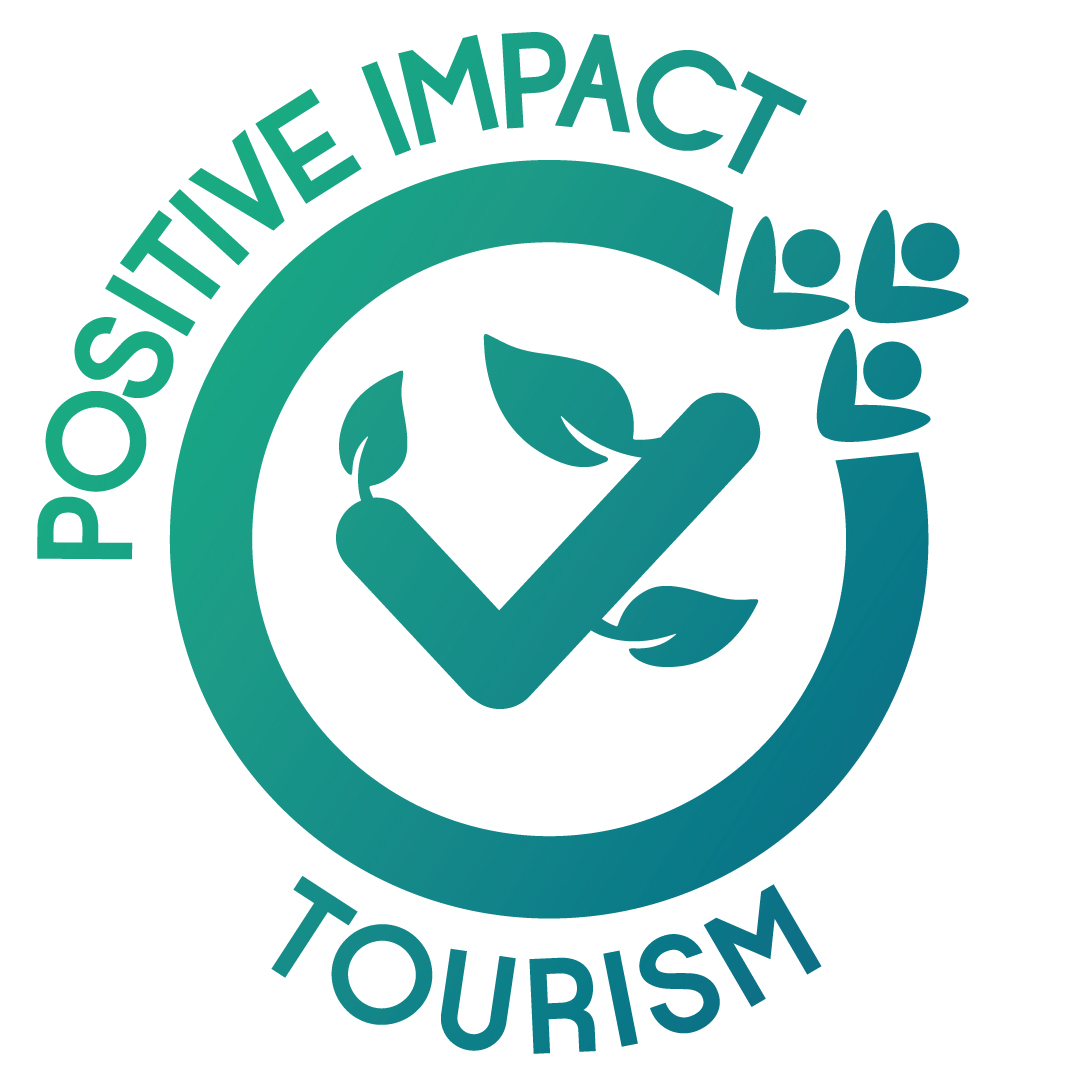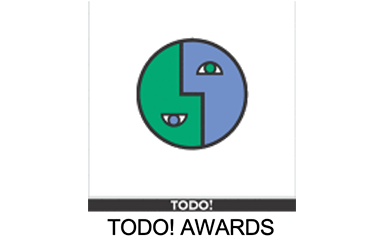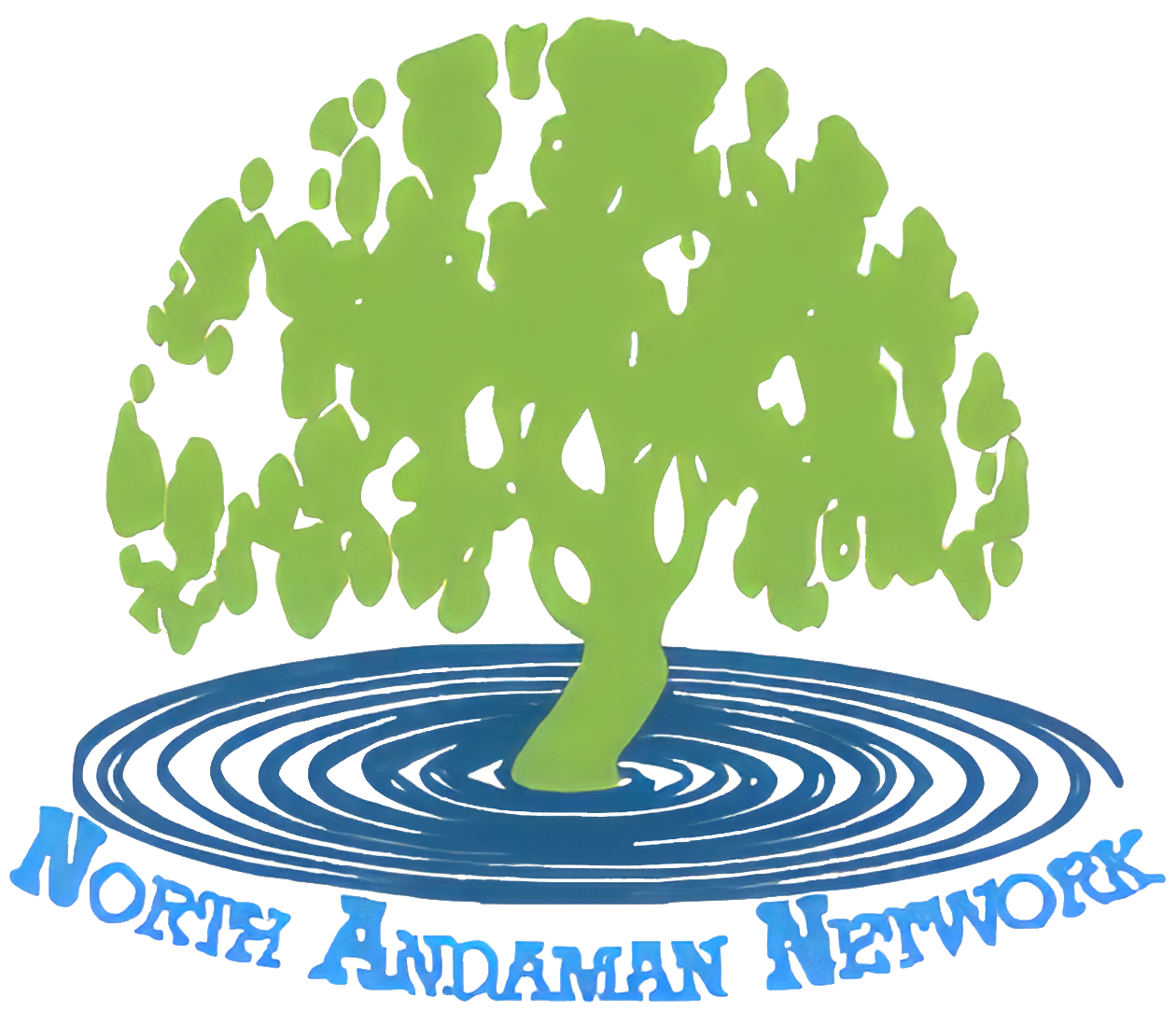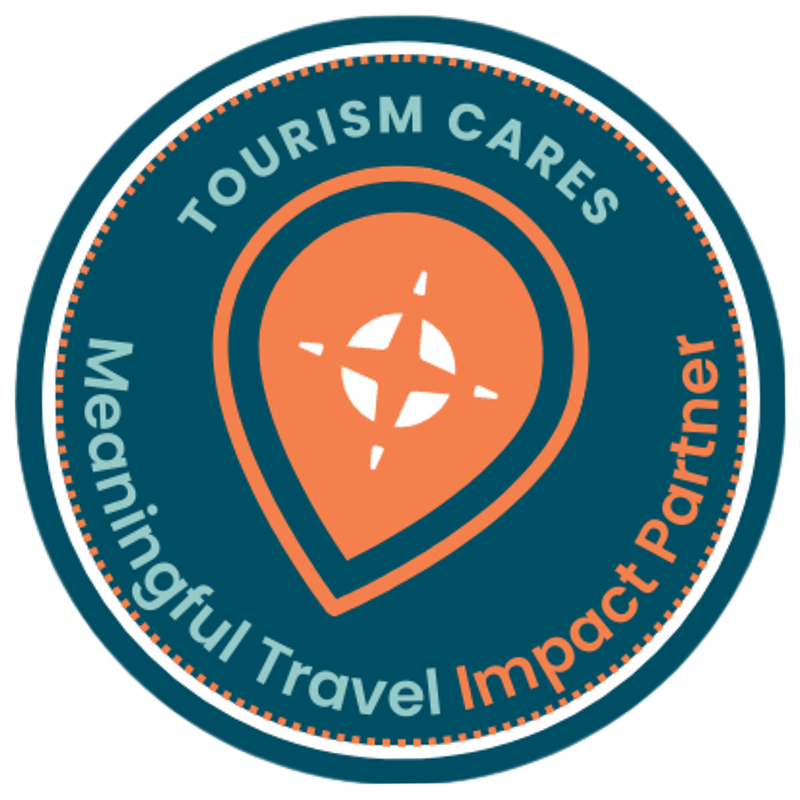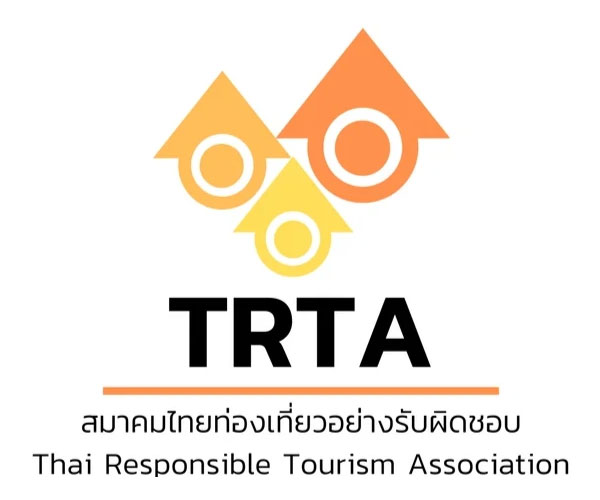First Person: Claudine’s Reflections on Tung Dap
 |
|
| Gill, P’ Noi, and Claudine in front of P’ Noi’s house in Tung Dap |
Perhaps the most enjoyable and memorable part of our stay in Tung Dap (apart from the fresh seafood dinners and meeting a tame otter with a liking for farang ankles) was listening to the stories of our homestay host, P’ Noi.
P’ Noi is a fantastic story-teller. After we had eaten an amazing dinner of fresh seafood we would sit on the floor in P’ Noi’s beautiful wooden house listening to stories from her Moken childhood. Both P’ Noi’s parents died when she was a young girl, but she was fortunate enough to have eight brothers and sisters, including a twin sister P’ Ya. P’ Noi spent the majority of her childhood aboard a Kabang — a traditional wooden boat which the Moken use as a home, fishing boat, and for transportation. The Moken used to spend months at time on the ocean, travelling around the Andaman Sea in search of the fish which make up the majority of their diet. Moken fishing practices are low impact and sustainable — only taking what they actually need to survive and putting back any fish which are too young.
 |
|
| P’ Noi and her family re-built their home with wood collected from the island’s mangrove forests |
We also loved hearing the stories of the time that P’ Noi and her sister visited Bangkok, in order that P’ Noi could undergo a major hospital operation. It’s hard to imagine how these ladies must have felt coming from a small traditional fishing community on a tropical island into the heaving metropolis of Bangkok with its traffic jams, Skytrains and shopping centers. Their story of standing in a stationary elevator for ten minutes because they didn’t realize they had to press the buttons is an absolute classic! These ladies have a great sense of humour — even when they themselves are the object of the joke.
Pee Noi has certainly experienced a great deal during her lifetime. After the tsunami wiped out most of the homes, farms and fishing boats in Tung Dap, P’ Noi and her family re-built their home with wood collected from the island’s mangrove forests, with minimal assistance from the many aid organizations present in Thailand at that time. The family didn’t want to live in a house built by somebody else, because they wouldn’t feel they truly owned it or belonged there. P’ Noi believes that the events of December 2004 helped her become a stronger person. Her resilience, self-reliance and positive attitude towards such a catastrophic event is a huge inspiration.
 P’ Noi and the Moken community live in a way which some people might think of as basic or ‘backward’. They have no cars and there are no shops nearby. Yet the island’s rivers, forests and oceans provide almost everything they need to live a happy, healthy and comfortable life. Having money is not important to them. Offering homestays to responsible and respectful tourists offers P’ Noi a way to try to protect and preserve her way of life and the Moken culture against the potential encroachment of commercial mass tourism.
P’ Noi and the Moken community live in a way which some people might think of as basic or ‘backward’. They have no cars and there are no shops nearby. Yet the island’s rivers, forests and oceans provide almost everything they need to live a happy, healthy and comfortable life. Having money is not important to them. Offering homestays to responsible and respectful tourists offers P’ Noi a way to try to protect and preserve her way of life and the Moken culture against the potential encroachment of commercial mass tourism.
A visit to Tung Dap offers a fascinating insight into a way of life which is slowly disappearing. It often touches visitors in ways they don’t expect and leaves them with incredible memories to take away with them.
We are grateful to P’ Noi for inviting us into her home and sharing her stories and her lifestyle so openly with us. Thanks also to Tu for being such an excellent guide and translator.



